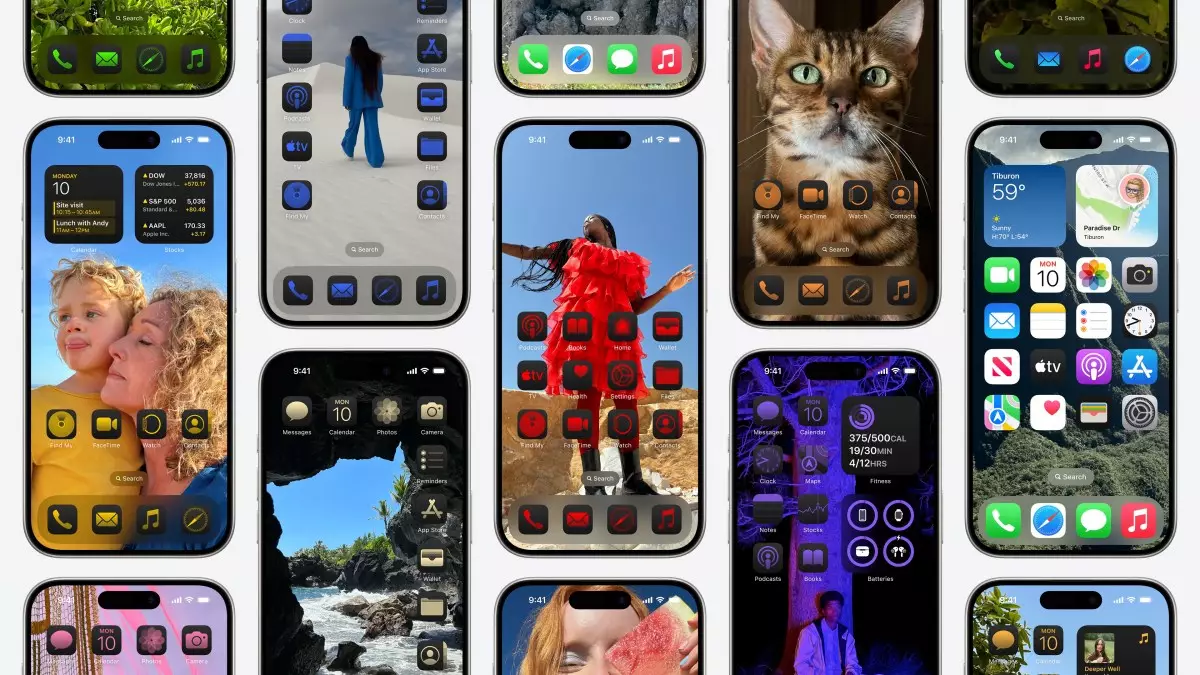Apple recently announced the release of the new iPhone operating system, iOS 18, which will be officially available on September 16, according to the latest iPhone 16 event. The update was previously introduced at WWDC 2024 and promises a range of new features and enhancements. Some of the notable additions include customization options for arranging apps and widgets on the Home Screen, as well as the ability to customize buttons. Additionally, iOS 18 introduces new text effects, app locking and hiding capabilities, improved Mail inbox management, iMessages over satellite, and a redesigned Photos app.
If you are eager to try out iOS 18 before the official release date, you can access the public beta version through beta.apple.com. It’s important to remember, however, that beta software may come with certain risks and limitations. The company has provided a list of supported devices that can download iOS 18, ranging from iPhone 11 models to the latest iPhone 16 versions. The major update will be offered as a free software download on September 16, so users should be prepared for the new features and changes that come with it.
While iOS 18 brings a multitude of improvements, some features may not be available in certain regions, languages, or on specific devices. For instance, the Safari “Highlights” feature, which automatically detects relevant information, is limited to English language users in the U.S. Similarly, the live audio transcription feature in the Notes app is only accessible on iPhone 12 and later models in select English-speaking countries like Australia, Canada, and the U.K. These restrictions may disappoint users who were looking forward to utilizing all of the new functionalities across different regions.
One of the key highlights of iOS 18 is the integration of Apple Intelligence, a generative AI offering that will enhance user experience across various Apple apps. This feature enables iPhones to perform actions such as composing emails and responding to text messages with Smart Replies. Apple CEO Tim Cook emphasized that the new iPhone 16 models were specifically designed to leverage the capabilities of Apple Intelligence, promising a seamless and intuitive user experience. Additionally, Apple Intelligence will extend to iPad and Mac devices with M1 and later models, offering users a cohesive ecosystem of AI-powered functionalities.
The announcement of iOS 18 and its features brings a mix of excitement and potential concerns for users. While the update boasts several promising enhancements, including customization options, app locking, and Apple Intelligence integration, the regional limitations and device compatibility restrictions may impact the overall user experience. As iOS 18 rolls out on September 16, users can anticipate a new era of functionality and intelligence on their Apple devices, but should also be mindful of the nuances and constraints that come with these innovations. Ultimately, the success of iOS 18 will depend on how effectively Apple addresses user feedback and refines the user experience over time.

